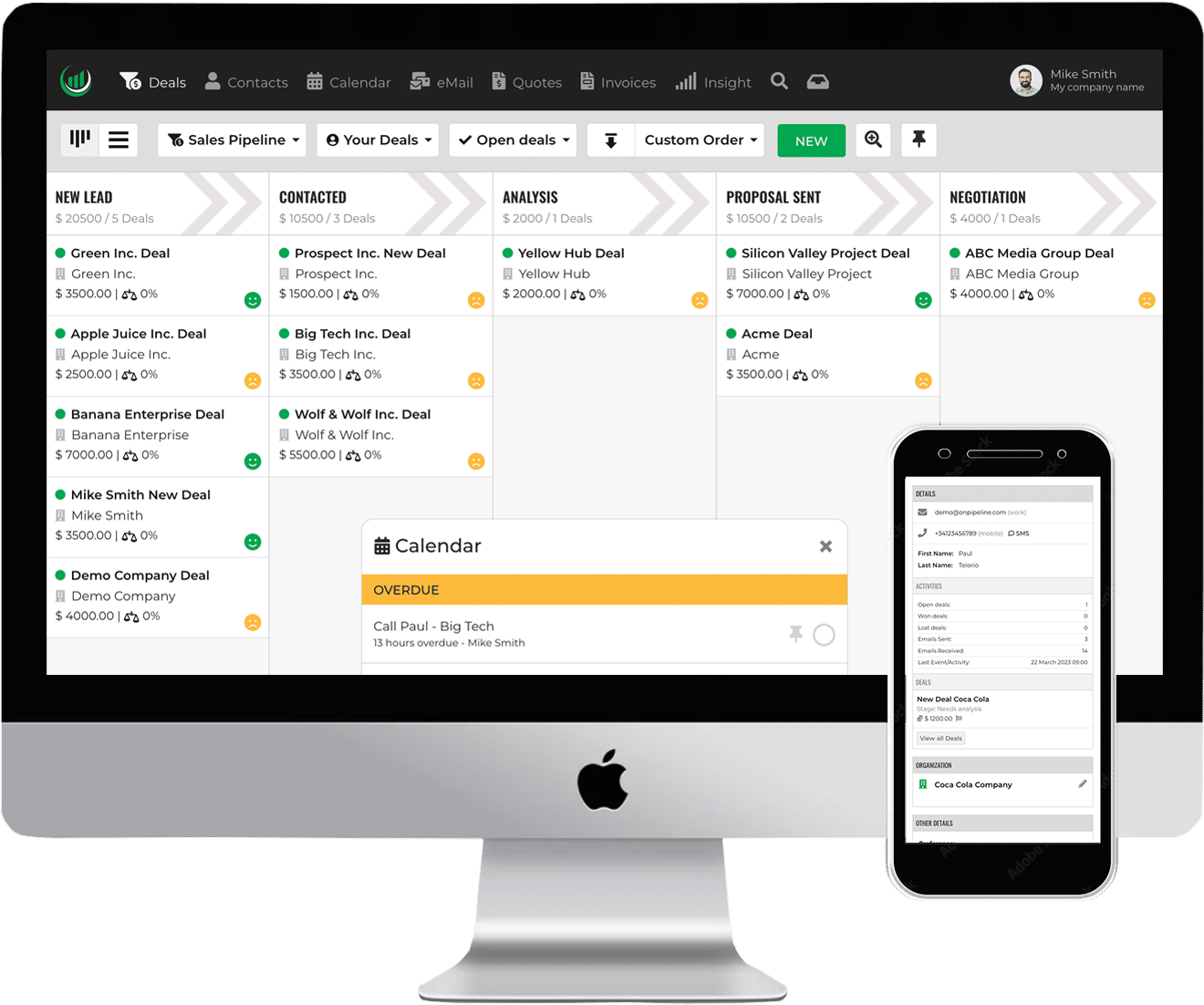Teams that don’t have to be in the same physical location are becoming increasingly crucial. This way of working is not just a passing trend; it’s shaping the future of how teams collaborate and succeed.
Remote work benefits not only sales teams management but also other departments and roles.
Here, we’ll break down five key reasons in straightforward terms why this trend is taking hold.
1. Finding good workers
When you’re looking for people to join your team, having the option to choose from a worldwide pool of talent is a game-changer. Imagine it like this: instead of going to a small pond to find fish, you can cast your net into a massive ocean. This means you’re more likely to find individuals with unique skills and fresh ideas that can make your team even better.
A few examples of where Top Talent can be found
Technology Industry – The technology sector is known for attracting top talent worldwide. According to a report by LinkedIn, countries like the United States, India, and China consistently produce a high number of skilled tech professionals. Remote work allows companies to tap into this global pool of tech talent without the constraints of physical location.
Finance and Banking (United Kingdom) – London, the financial hub of the United Kingdom, boasts a diverse and highly skilled workforce in finance and banking. A survey conducted by Financial News found that London remains a top destination for finance professionals, and remote work has made it easier for companies to access this talent even if they are not based in London.
Healthcare (Canada) – Canada has a strong healthcare sector, and it consistently ranks high in global healthcare quality rankings. Remote work has allowed healthcare organizations to hire skilled professionals from various provinces, making it easier to address regional shortages and provide quality care.
Creative Industries (United States) – The United States is a creative powerhouse, with a thriving entertainment and media industry in places like Los Angeles and New York. Remote work has enabled companies in these industries to collaborate with talent from across the country, opening up opportunities for unique and diverse creative projects.
2. Saving Money
Operating from separate locations can save a lot of money. Think of it like this: if you don’t need a fancy office with rent, electricity bills, and other expenses, you’re automatically saving money. Plus, the people working from home typically use their own computers and internet, so you don’t have to spend extra on that equipment.
Key savings through remote work
Reduced Office Space Costs:
One of the most noticeable cost savings from remote work is the reduction in office space requirements. When employees work remotely, companies can downsize their physical office spaces, or even eliminate them entirely.
This leads to significant savings in terms of rent, utilities, maintenance, and associated office infrastructure costs. The exact savings depend on factors like location, office size, and lease agreements, but it’s a substantial benefit for many businesses.
Lower Overhead Expenses:
Remote work also translates into lower overhead costs. Companies can cut expenses related to office supplies, equipment, and utilities, such as electricity, water, and heating/cooling. Reduced overhead spending contributes directly to cost savings.
Minimal Commuting Costs:
Employees who work remotely save money on commuting expenses, including gas, public transportation, parking fees, and wear-and-tear on their vehicles. While these savings primarily benefit employees, they can indirectly impact companies by boosting employee morale and reducing turnover.
3. Better work-life balance
When employees have the flexibility to work from wherever they want, they can decide when and where to work. Picture it like this: you can choose when to start your workday, and you might even do some of your tasks from your favorite coffee shop.
This flexibility allows people to spend more time with their families and do things they enjoy outside of work. Happier employees are usually more motivated and productive at their jobs.
Impact of employee happiness
Higher Productivity:
Several studies have shown that happy employees tend to be more productive. When employees are satisfied with their work and feel valued, they are often more engaged and motivated to give their best effort.
Lower Turnover Rates:
Happy employees are more likely to stay with their employers. Reduced turnover rates can lead to cost savings for companies, as hiring and training new employees is expensive and time-consuming.
Enhanced Creativity and Innovation:
Employee happiness is linked to improved problem-solving and creativity. When employees feel supported and encouraged, they are more likely to come up with innovative ideas and solutions.
Reduced Absenteeism:
Happier employees are less likely to take unscheduled time off work. This can result in better attendance and fewer disruptions to workflow.
4. Getting more work done
Some people actually work better when they’re not in a traditional office. Imagine it like this: you have a big project, and you can concentrate better in your cozy home office. You’re free from distractions and don’t have to deal with a long commute. This means you can focus more on your work and accomplish tasks more efficiently.
Roles that benefit most
Knowledge Workers:
Roles that require creative thinking, problem-solving, and deep concentration often benefit the most from remote work.
- software developers
- writers
- designers
- data analysts
Project-Based Roles:
Roles that involve managing and completing projects independently may thrive in remote settings.
- project managers
- consultants
- freelancers
Roles that may benefit less
Hands-On and Physical Work:
Jobs that require physical presence, such as manufacturing, construction, and healthcare, may not see the same level of productivity improvement with remote work. These roles often depend on on-site tasks and collaboration.
Customer-Facing Roles:
Customer service and sales roles often require interaction with clients or customers in person. While some aspects of these roles can be conducted remotely, the lack of face-to-face interaction may limit their effectiveness.
5. Being Prepared for Anything
When unexpected things happen, like severe weather or illnesses that force people to stay home, teams that can work from different places can keep going.
Think of it like this: it’s like having a toolbox with many tools for different situations. Teams that are adaptable and can handle unexpected challenges are more likely to thrive and keep going even when faced with obstacles.
Tools to boost efficiency
Customer Relationship Management (CRM) Software: CRM platforms like Onpipeline are invaluable for managing customer relationships, sales, and marketing efforts, even when teams are dispersed. CRM systems help companies maintain strong customer connections, track interactions, and drive business growth.
Video Conferencing Platforms: Video conferencing tools like Zoom and communication platforms such as Slack are essential for remote teams to connect, hold meetings, and collaborate in real-time.
Project Management Software: Tools like Trello or Asana help remote teams plan, organize, and track tasks and projects, ensuring everyone stays aligned and on schedule.
Cloud Storage and File Sharing Services: Services like Google Drive and Dropbox facilitate secure storage and seamless sharing of documents and files, enabling remote access and collaboration.
Collaborative Document Editing: Collaborative document editing tools such as Google Docs and Microsoft Office 365 enable remote teams to work together on documents, spreadsheets, and presentations in real-time.
Virtual Private Networks (VPNs): VPNs ensure secure and encrypted internet connections, safeguarding sensitive data and enabling remote employees to access company resources safely.
Employee Monitoring and Management Software: Tools like Hubstaff and Time Doctor help employers monitor remote employee activities, track work hours, and ensure productivity while maintaining trust and respecting privacy.



